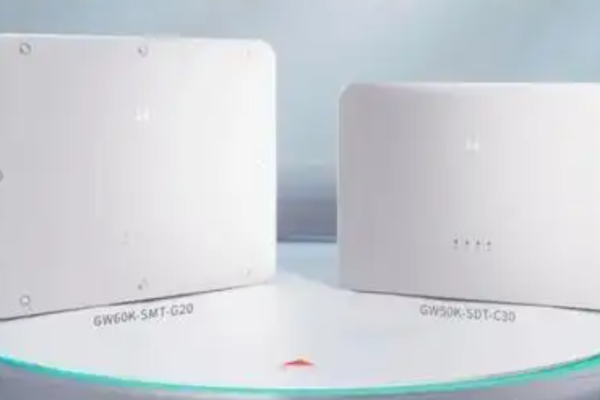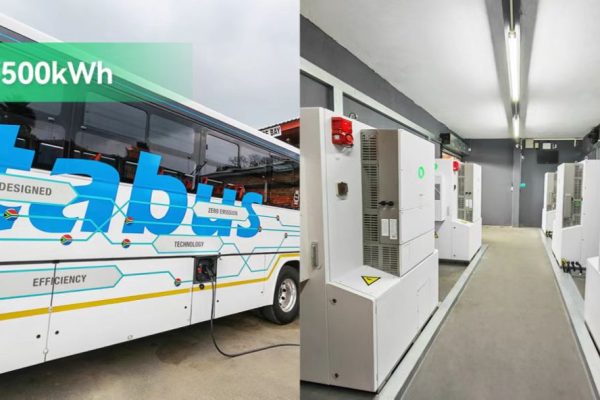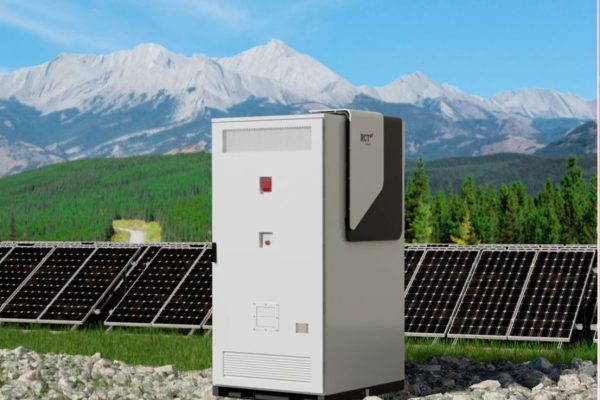Why Japan Matters for Energy Storage Exports
Japan is one of the most advanced and demanding markets for energy storage systems. With a strong focus on safety, efficiency, and reliability, Japan requires strict compliance with national standards before products can enter the market. The most critical certification for electrical and storage products is the PSE Mark (Product Safety Electrical Appliance & Material), governed by Japan’s Electrical Appliance and Material Safety Law (DENAN).
This guide provides a quick but comprehensive overview of PSE certification and what exporters need to know to successfully access the Japanese market.
1. What is PSE Certification?
- Mandatory certification for electrical appliances and materials sold in Japan.
- Overseen by Japan’s Ministry of Economy, Trade and Industry (METI).
- Divided into two categories:
- Specified Products: Require third-party testing and certification by a Registered Conformity Assessment Body (RCAB).
- Non-Specified Products: Require self-declaration and registration with METI.
Exporter Tip: Energy storage systems and lithium-ion batteries typically fall under Specified Products, meaning third-party testing is mandatory.
2. PSE Mark Types
- Diamond-Shaped PSE Mark: For Specified Products. Indicates third-party certification.
- Circular PSE Mark: For Non-Specified Products. Indicates self-declaration and METI registration.
Exporter Tip: International buyers in Japan expect to see the Diamond PSE Mark on energy storage systems.
3. Testing and Compliance Process
- Testing Conducted by RCABs: Only approved laboratories can issue valid PSE certifications.
- Standards Applied: Based largely on Japanese Industrial Standards (JIS), sometimes aligned with IEC standards but with stricter criteria.
- Factory Inspections: For Specified Products, periodic audits of production facilities are required.
Exporter Tip: Prepare for both lab testing and on-site audits when applying for PSE.
4. Documentation Requirements
- Technical File: Including circuit diagrams, safety analysis, and product manuals.
- Test Reports: From RCAB-approved laboratories.
- Manufacturer Registration: Exporters must designate a Japanese representative who registers with METI.
- Labels and Markings: The PSE Mark must be clearly displayed on the product and packaging.
Exporter Tip: Having a local partner or importer in Japan is essential to meet registration requirements.
5. Market Implications
- Non-Compliance Risks: Products without proper PSE certification cannot legally be sold in Japan.
- Buyer Expectations: Japanese buyers typically reject non-PSE products outright.
- Competitive Edge: Having PSE certification signals commitment to safety and reliability, which is highly valued in Japan.
Exporter Tip: Unlike CE (EU) or UL (US), PSE is legally mandatory—there are no workarounds.
6. Costs and Timeframe
- Higher Costs: Due to mandatory third-party testing and factory audits.
- Timeframe: Certification can take 3–6 months, depending on product complexity and testing capacity.
Exporter Tip: Plan certification early to avoid shipment delays, as Japanese buyers rarely accept “pending certification.”
Building Market Readiness for Japan
Japan’s PSE certification system is strict, but it ensures only safe, high-quality products reach the market. For energy storage exporters, securing the PSE Mark is non-negotiable. By working with accredited RCABs, preparing detailed documentation, and partnering with a local representative, exporters can position themselves to succeed in this highly competitive and safety-driven market.








